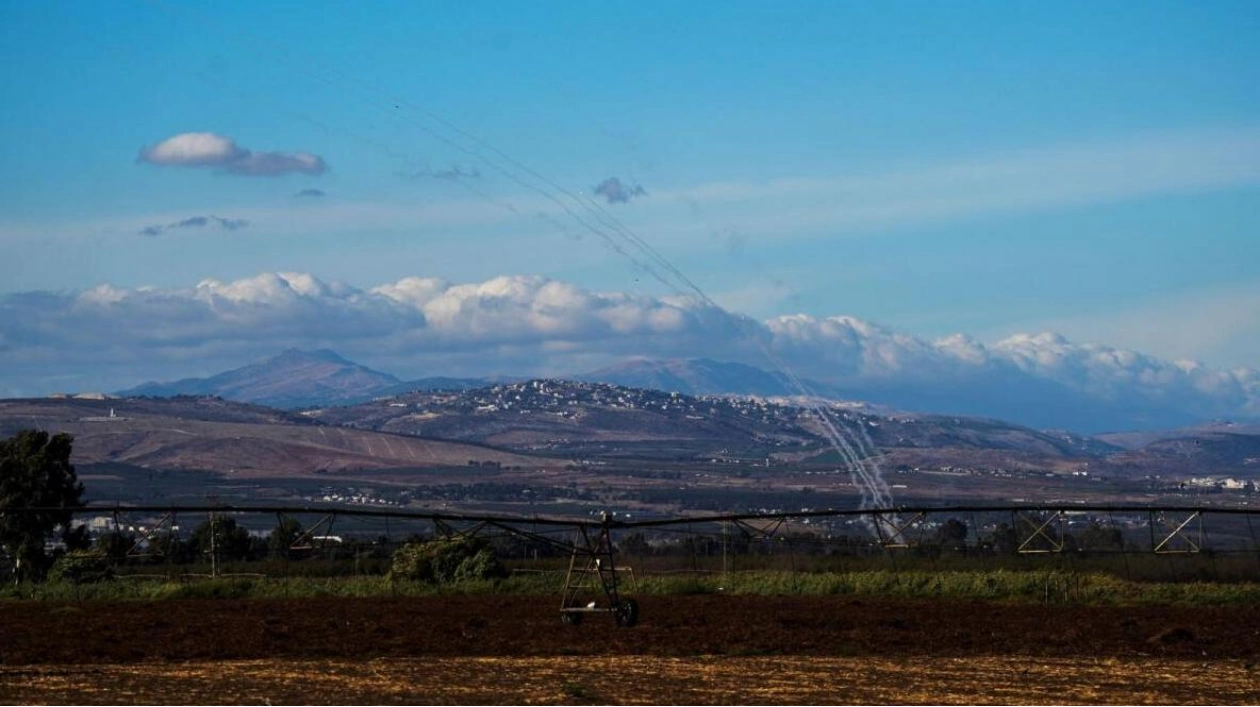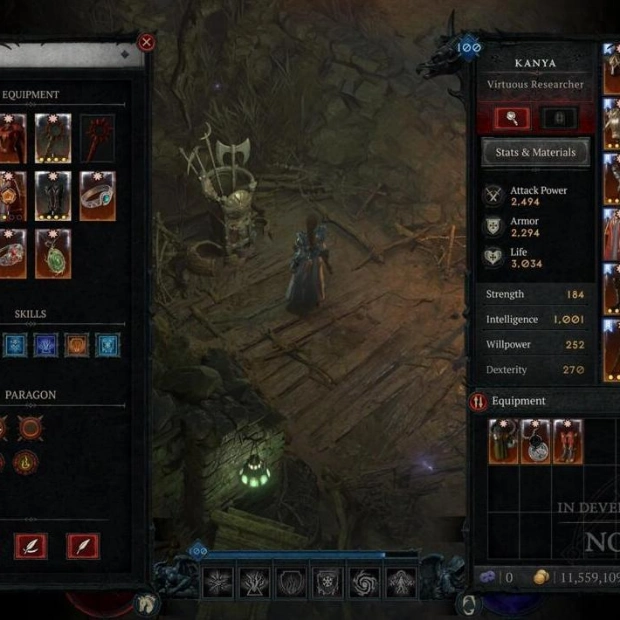Israeli jets and artillery conducted a series of strikes in southern Lebanon overnight, according to a statement from Israel's military on Thursday. This action comes amid escalating tensions following a significant attack on Hezbollah's communication devices earlier this week. The military reported that air strikes targeted Hezbollah positions in Chihine, Tayibe, Blida, Meiss El Jabal, Aitaroun, and Kfarkela in southern Lebanon, as well as a Hezbollah weapons storage facility near Khiam. Israeli media sources indicated that several Israeli civilians were injured by anti-tank missile fire from Lebanon, although official confirmation was not provided.
These latest strikes occur against a backdrop of heightened concern over a potential escalation of conflict along the border with southern Lebanon, where Israeli forces have been engaged in intermittent exchanges of fire with Hezbollah for months. On Wednesday, Hezbollah launched approximately 20 projectiles into Israel, most of which were intercepted by air defense systems without causing injuries, according to the military. Approximately 10 missiles were directed at the Mount Hermon area of the Israeli-occupied Golan Heights, a region crucial for Israel's surveillance, espionage, and air defense installations.
This week, a sophisticated attack resulted in dozens of fatalities and thousands of injuries among Hezbollah operatives, specifically targeting their communication devices. Israel has not officially commented on these attacks, though multiple security sources attribute the operation to Mossad, Israel's intelligence agency. In a shift of focus, Israeli Defense Minister Yoav Gallant announced on Wednesday that the ongoing conflict in Gaza, which began in October after Hamas-led gunmen attacked southern Israel, is entering a new phase with increased attention on the northern border. Gallant stated that additional military units and resources are being deployed to the border, including the 98th division, an elite force comprising commando and paratroop elements that have been active in Gaza.
Hezbollah initiated missile strikes against Israel the day following the October 7 Hamas attack and, since then, there has been a continuous exchange of fire that neither side has allowed to escalate into a full-scale war. However, tens of thousands of people have been evacuated from both sides of the border, leading to growing pressure in Israel for the government to facilitate the return of evacuees to their homes. Israeli Prime Minister Benjamin Netanyahu pledged on Wednesday to ensure the safe return of these evacuees to their homes.






